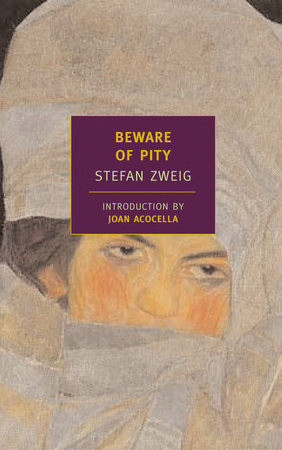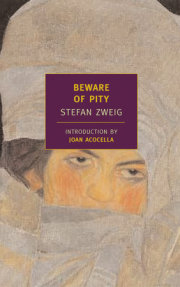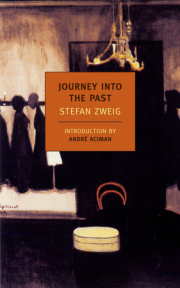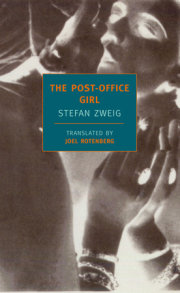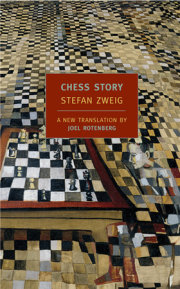Horror Titles for the Halloween Season
In celebration of the Halloween season, we are sharing horror books that are aligned with the themes of the holiday: the sometimes unknown and scary creatures and witches. From classic ghost stories and popular novels that are celebrated today, in literature courses and beyond, to contemporary stories about the monsters that hide in the dark, our list

